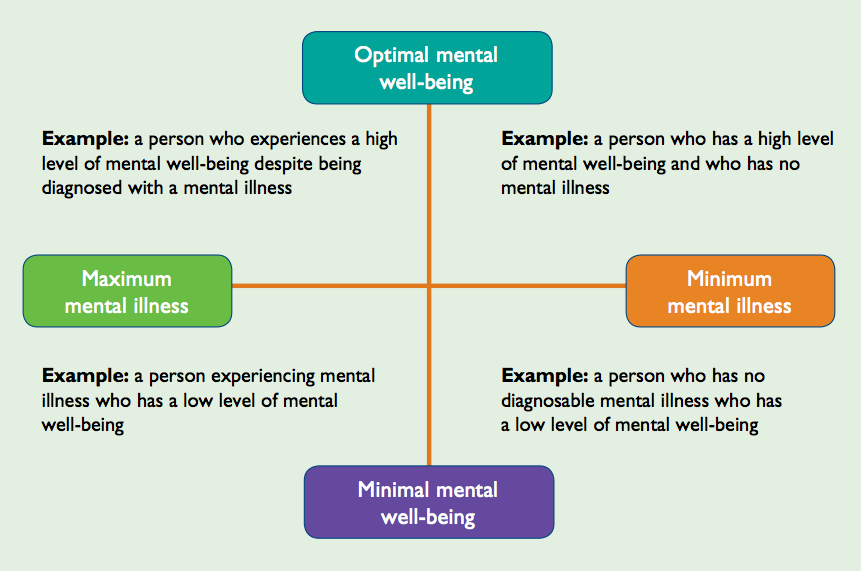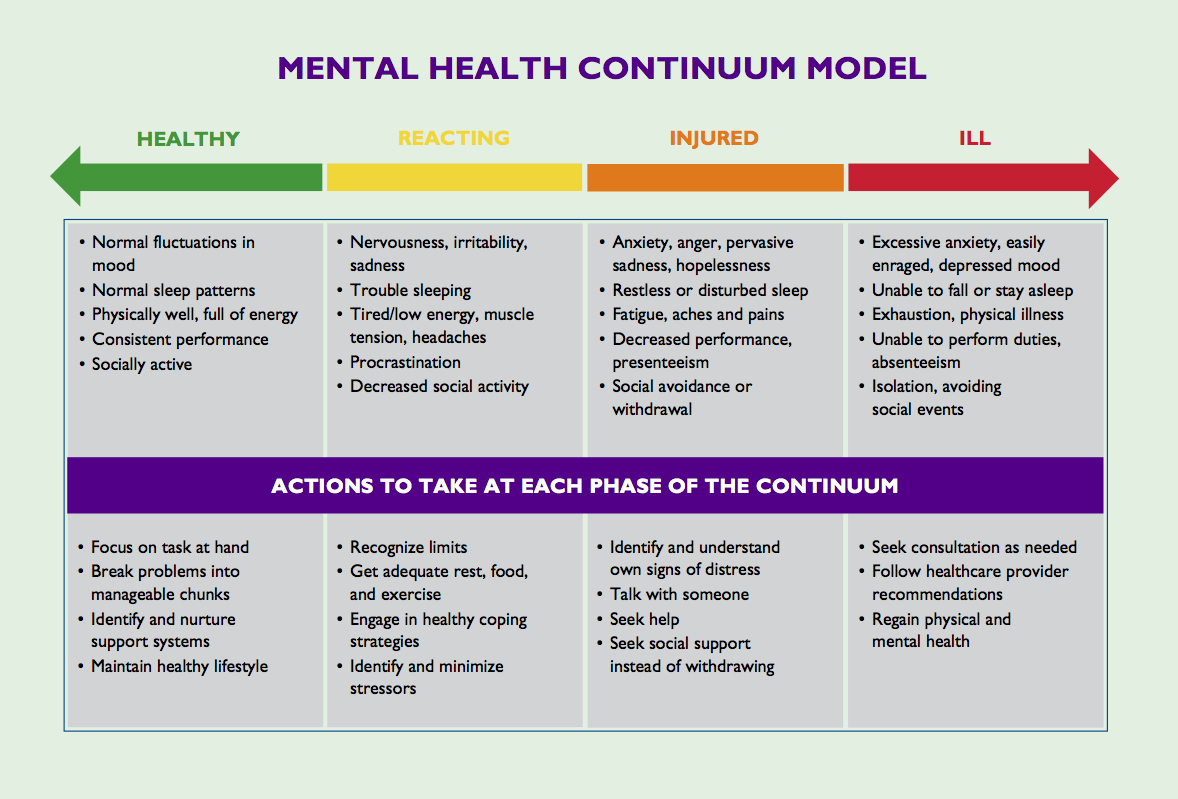What is recovery?
Is it possible to recover from mental illness?
Yes, it is! Many people who suffer from a mental illness do recover. And although symptoms may continue, having a mental illness does not mean that you can’t live a healthy, happy life.
The concept of “recovery” originally began in the addictions field, referring to a person recovering from a substance use disorder. The term has more recently been adopted in the mental health field as people realize that, similar to recovery from an addiction, recovery from a mental illness is also possible.
After many years of viewing mental illness as a condition that deprives people from having fulfilled lives, a new vision emerged. This vision, called the Recovery Vision, stipulates that every person, as sick as he/she may be, can embark on a journey of healing and transformation and can live a meaningful life while striving to achieve his/her maximum potential.
Personal Recovery is different from Clinical Recovery. While Clinical Recovery stipulates rigid conditions to consider a person ‘recovered’, Personal Recovery is a unique process for each individual. It refers to adjusting one’s attitudes, values, feelings, goals, and roles; it is a way of living a satisfying, hopeful, and contributing life even with limitations caused by an illness. Recovery involves the development of new meaning and purpose in one’s life as one grows beyond the sometimes catastrophic effects of mental illness.*
AMI’s programs and activities are guided by a vision of recovery. While it is important to seek medical advice and treatment (which is commonly focused on the illness), we believe that it is paramount to embrace a whole person approach, taking into consideration one’s dreams, wishes, strengths, and abilities. And while the Recovery Vision refers to especially to people with mental illness, we believe that families also need to go through their own recovery journey so they can facilitate the recovery of their loved ones while sustaining their own wellbeing. Mental illness is a ‘family affair’; all members of the family deserve whatever support they need to cope and thrive.
A Wider Glance at Mental Health**
Mental health is important to everyone. Whether you are diagnosed with a mental illness, or you are a caregiver to someone who has an illness, or neither, mental health is just as important as physical health. By taking care of your mental health you can live your life to its greatest potential; by maintaining it you will be able to enjoy the simple things in life that make you happy. It will allow you to manage the stressful things in life and allow you to enjoy what you love. For tips on improving your mental health, click here.
In recent years, there has been a shift towards a more comprehensive definition of mental health. There is a growing consensus that mental health is not merely the absence of mental illness, but it also includes the presence of positive feelings (emotional well-being) and positive functioning in both individual life (psychological well-being) and community life (social well-being).
The Public Health Agency of Canada defines mental health / psychological well-being as:
The capacities of each and all of us to feel, think, and act in ways that enhance our ability to enjoy life and deal with the challenges we face. It is a positive sense of emotional and spiritual well-being that respects the importance of culture, equity, social justice, interconnections, and personal dignity.
In the table below, the mental health continuum ranges from optimal (or flourishing) to minimal (or languishing), whereas the mental illness continuum ranges from no mental illness to serious mental illness.
Mental health is best understood as a matrix, where people can move among states of mental well-being regardless of mental illness. They can flourish or languish, depending on individual functioning, social well- being and mental health issues.
Therefore, a person with mental illness may flourish and, conversely, someone without mental illness may languish with less than optimal mental health. People diagnosed with a mental illness can still have high levels of general mental well-being, while those without a diagnosed mental illness can show low levels of mental well-being.
In the model below, people who are healthy (green) can go through mild and reversible distress or functional impairment (yellow), to more severe, persistent injury or impairment (orange), to clinical illnesses and disorders requiring more concentrated medical care (red).
The arrows under the four colour blocks suggest a continuum, with movement in both directions along the continuum, indicating that there is always the possibility for a return to full health and functioning. In this way, no one is written off simply because they are showing symptoms of an illness, or are being treated for a disorder or disease. There is also a recognition that the earlier that intervention of some sort is provided, the easier it is to return to full health and functioning (green).
These two models emphasize that mental health is not simply the absence of mental illness. You may not have control over your mental illness, but you can strengthen your mental health!
For recovery resources, click HERE
For a video on recovery, click HERE
*Anthony WA (1993) Recovery from mental illness: the guiding vision of the mental health service system in the 1990s, Psychosocial Rehabilitation Journal, 16,11-23
**Adapted from togethertolive.ca and McGill’s Student Wellness Hub.
Sign up for our emails to stay in touch
Please also follow us on:




